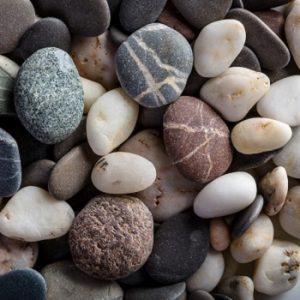
More evidence that low-calorie sweeteners are bad for your health
Studies show that artificial sweeteners can raise the risk of hypertension, metabolic syndrome, type 2 diabetes and heart disease, including stroke.

In his book “First Things First” Stephen Covey describes a lecture he attended on the topic of ‘time’.
The lecturer took a large glass jar and set it down on a table with some small rocks beside it. He placed the rocks in the jar and asked the audience whether they thought the jar was full.
Everybody laughed and replied that yes, it was full. Then the lecturer reached under the table and pulled out a container of gravel. He poured in the gravel and shook the jar so that the gravel filled the spaces that had been left by the rocks.
Again he asked the audience if the jar was full. By this time they had cottoned on, and replied no.
‘Good!’ he replied. And he reached under the table and repeated the process, only this time with sand, which went into the spaces left by the rocks and the gravel. Then he asked what had been the point of the demonstration.
Somebody said, ‘Well, there are gaps, and if you really work at it, you can always fit more into your life.’
‘No,’ he said, ‘that’s not the point. The point is this: if you hadn’t put these big rocks in first, would you ever have gotten any of them in?’
If we relate this illustration to our lives, the ‘rocks’ are representative of the things that are really important to us. The gravel represents the other things in life that matter, but on a smaller scale. The sand is everything else. The small stuff. If we put the sand and gravel into the jar first, there’s no room for the rocks.
As Covey says, take care of the rocks first – the things that really matter. Set your priorities. The rest is just gravel and sand.

Please subscribe me to your newsletter mailing list. I have read the
privacy statement